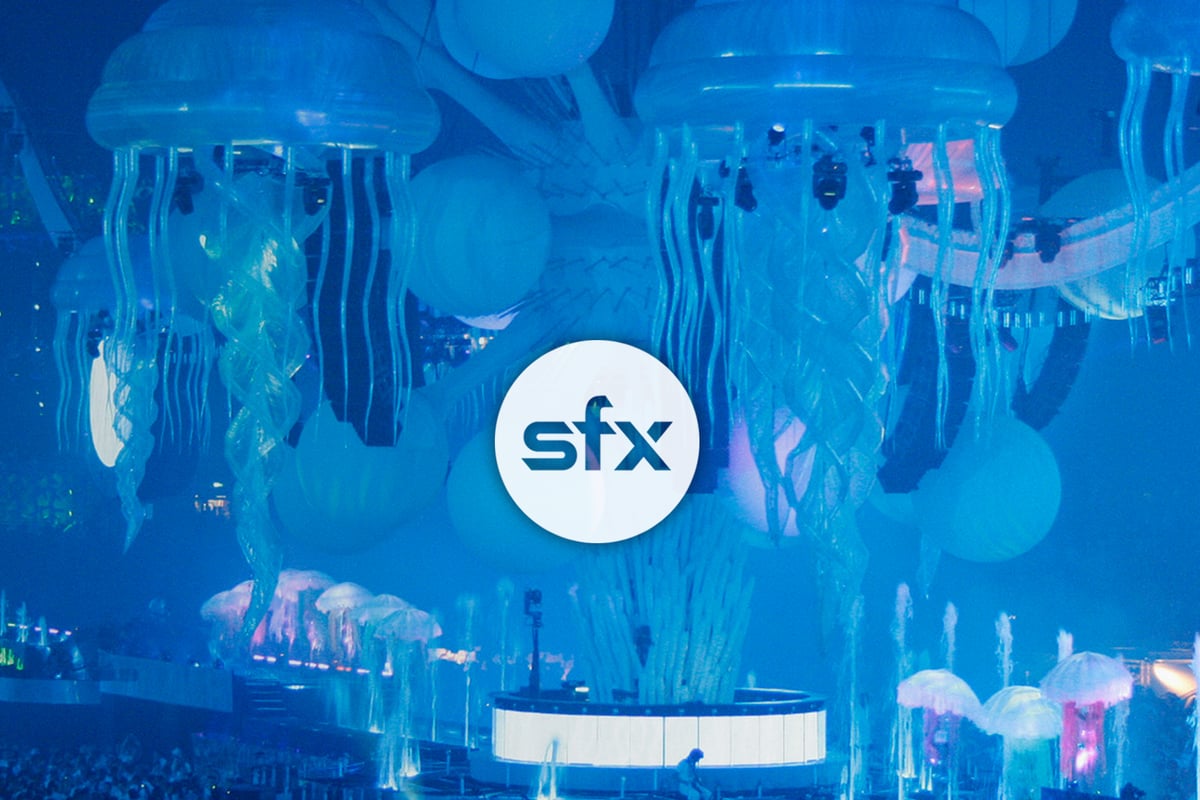SFX Entertainment files for bankruptcy

UPDATE: Totem Onelove, which operates Stereosonic festival and is owned by SFX, has released a statement. The company said the restructure and chapter 11 bankruptcy of SFX Entertainment will not affect its operations.
“This proceeding is taking place in the United States only; none of the international operating subsidiaries are included or impacted. Totem Onelove is not part of the SFX Chapter 11,” reads the statement. “Totem Onelove will continue to operate as normal. We are cash-flow positive, can and will pay business expenses and remain committed to planning for, preparing, and producing the festival and events we are known for.
“It is important to note that the SFX Chapter 11 proceeding taking place in the United States is not liquidation. SFX is not going out of business and, in fact, has received a sizeable capital infusion to pay for ongoing operating expenses. We at Totem Onelove see this as a positive turn of events for the SFX North American businesses that can now focus on the future.”
The global EDM concert producer – whose brands include Australia’s Stereosonic festival – filed for chapter 11 bankruptcy on Monday to remove more than US$300 million from its outstanding debt and take the company private.
SFX Entertainment, Inc.made the announcement overnight, saying it had reached a debt-for-equity agreement, or Restructuring Support Agreement (RSA), with “an ad hoc group of bondholders”.
The agreement provides SFX with $115 million in bankruptcy financing to facilitate ‘business as usual’ operations during the bankruptcy case.
“The RSA includes a commitment from the ad hoc group to provide up to $115 million in DIP (debtor-in-possession) financing,” reads the official announcement. “This financing, which is subject to court approval, will be used to pay ongoing, normal course of business, obligations including artists, venues, sponsors, partners, vendors and suppliers.”
A new CEO, who will succeed current CEO and ChairmanRobert F.X. Sillerman, is expected to be announced in the coming days.
The company also owns festival brandsTomorrowland, Electric Zoo, Stereosonic, Voodoo Experience, as well as Beatport, Famehouse, React Presents, Made Event and i-Motion.
The New York-based company hopes to close the chapter 11 bankruptcy case and complete its restructure in six months.
Just last month SFX announced it had secured US$20 million in new financing for “itself and certain of its operating subsidiaries”. But the electronic music empire has been fighting off falling revenue for months.
On December 31Goldentree Asset Management assigned SFX’s revolving credit facility to Catalyst Fund Limited Partnership V, and the first month of 2016 was anything but promising.
On January 13 it missed a $3 million interest payment on a $10.8 million note. The next day its share price plunged to 7 cents – a far cry when it was $13 in late 2013. It defaulted on a content agreement with Spotify to purchase $15 million of stock. Management company TMWRK, home to Diplo, paid $3.6m to buy itself out of SFX.
Also in January, Nasdaq reported that SFX owed “$312.6 million in debt, mainly senior bonds due in 2019.” This is against only $59.8 million in cash on hand, as reported in a September 30 earnings report.
Last August, SFX reported a 48% rise in second quarter revenue to $121 million. But that did nothing to generate profits or reduce its debt, with an operating loss of $48 million.
In 2012, Sillerman had a personal fortune of $975 million and launched SFX to become a $1 billion global company.Sillerman cut his teeth in broadcasting when in 1978 he bought two radio stations in upstate New York for $1.875 million. His companySFX Broadcasting came to own 71 radio stations and when he sold it in 1998, Sillerman kept its events sector and formed SFX Entertainment.
The companywas sold to Clear Channel in 2000 for $4.4 billion and when he restarted the company in 2011, he launched with a focus on EDM festivals. However, poor management and financial planning punctured that dream, and last year SFX only had a market capitalisation of $88 million.






























